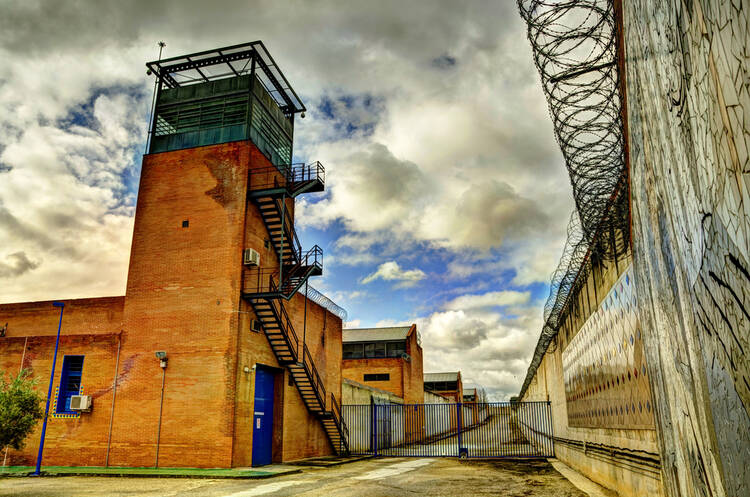The Coalition for Public Safety, a new group dedicated to reducing America’s prison population, has already succeeded in bridging the ideological divide, with supporters ranging from the American Civil Liberties Union to the Koch brothers. Whether criminal-justice reform becomes a bipartisan cause is a very different matter.
On Thursday, the Coalition announced itself with a press release emphasizing its breadth of support (“Leading Conservative, Progressive Groups Join Forces” began the headline) and a link to a New York Times piece by Carl Hulse with a dream lead: “Usually bitter adversaries, Koch Industries and the Center for American Progress have found at least one thing they can agree on: The nation’s criminal justice system is broken.”
America’s overreliance on incarceration is old news among public policy analysts; the Coalition notes that the United States has 5 percent of the world’s population but 25 percent of the world’s prisoners. The new group’s agenda: “reforms that will reduce jail and prison populations and associated costs, end the systemic problem of overcriminalizationand over-incarceration—particularly of low-income communities and communities of color, ensure swift and fair outcomes for both the accused and the victims, and make communities safer by reducing recidivism and breaking down barriers faced by those returning home after detentionor incarceration.”
All well and good, but it’s not enough to convince the civil libertarians and anti-tax activists quoted in the Coalition’s press release. ACLU executive director Anthony Romero puts his finger on the problem: “Collusion between the Democratic and Republican parties in being ‘tough on crime’ led to America’s over-incarceration catastrophe.”
Will that collusion end? The frontrunners in the 2016 presidential election are Hillary Clinton, whose husband stressed tough-on-crime measures as president, part of his strategy of peeling the “liberal” label off the Democratic Party; and Jeb Bush, whose father was elected president by loudly supporting the death penalty and condemning prison furlough programs (like the one that released Willie Horton). They’ve seen how effective it is to be “tough on crime,” and I’m not sure that even the Koch brothers can overturn decades of conventional wisdom on what it takes to win elections.
Most of the reforms sought by the Coalition for Public Safety can be achieved at the state level, so the presidential candidates won’t necessarily derail the movement. But it’s easy to imagine toxic rhetoric in the presidential race inhibiting governors and state legislators from seeking alternatives to long-term incarceration. In 2008, the question of issuing driver’s licenses to undocumented immigrants was theoretically a state concern, but it still became a major issue in the presidential race, with Hillary Clinton taking a tough stand against the practice.
It may be too much to hope for Clinton and Bush to embrace criminal-justice reform as they seek the presidency. The Coalition for Public Safety may be happy if the candidates simply do it no harm.








